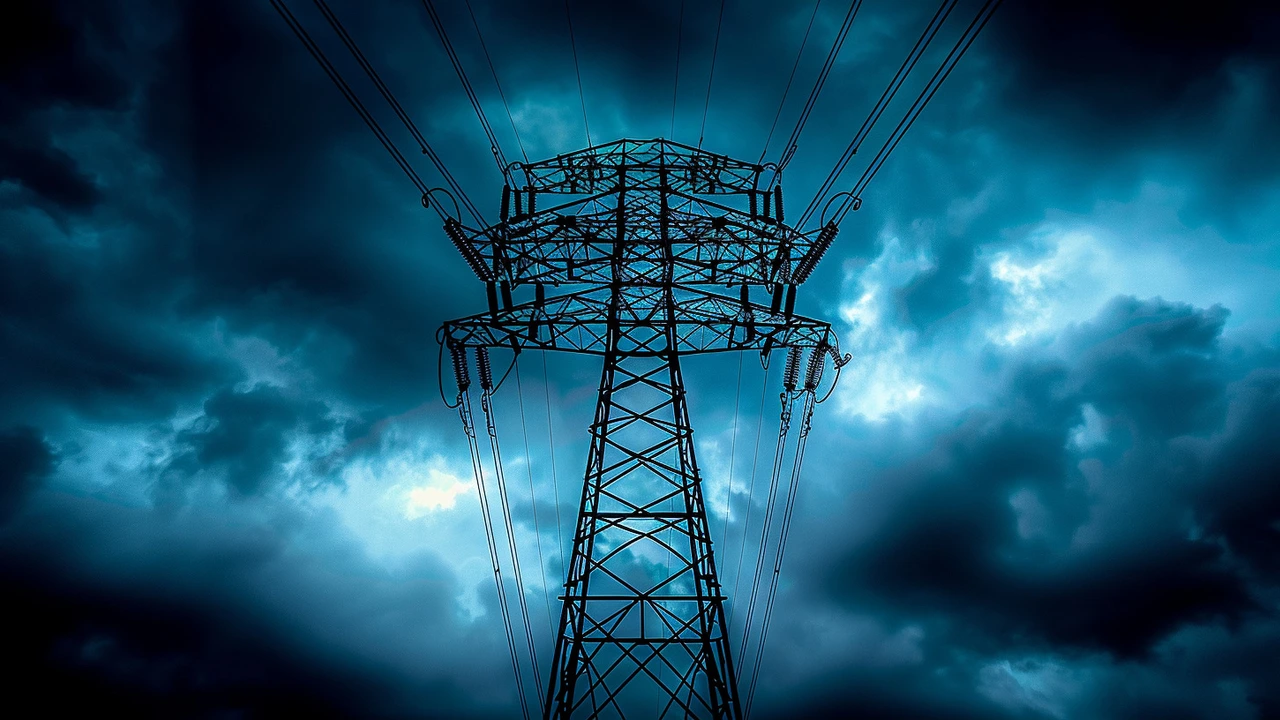Electricity News and Insights You Should Know
Electricity touches almost everything we do, from lighting up homes to powering industries. Staying informed about changes in this field can help you understand how these shifts affect your bills, businesses, and overall lifestyle.
Fuel prices play a big role here. For example, recent adjustments showed petrol prices going up, while diesel and kerosene prices fell in June 2025. This reflects global oil trends and tax policies and has a real impact on transport and household costs.
Big Moves in the Energy Market
Leadership changes can signal shifts in strategy that ripple across the whole energy scene. Take Dangote Petroleum Refinery, for instance, which brought in David Bird, a former Shell executive, to lead its growth. His experience aims to boost refinery output and improve operations, possibly reshaping market positions on a global scale.
Understanding these moves matters because they influence how energy is produced and distributed. They can affect availability, prices, and even future investments in energy infrastructure.
What This Means for You
When fuel prices shift or new strategies emerge in the energy sector, the effects trickle down. Expect changes in what you pay at the pump or your electricity bills. Businesses might adjust costs or find new ways to save energy. Keeping an eye on news like this helps you make smarter choices, whether that's budgeting better or supporting cleaner energy alternatives.
Electricity is more than just a utility—it's tied to global markets, politics, and innovation. By following updates and understanding the key trends, you’ll be better equipped to navigate what the future holds for energy in your daily life.

